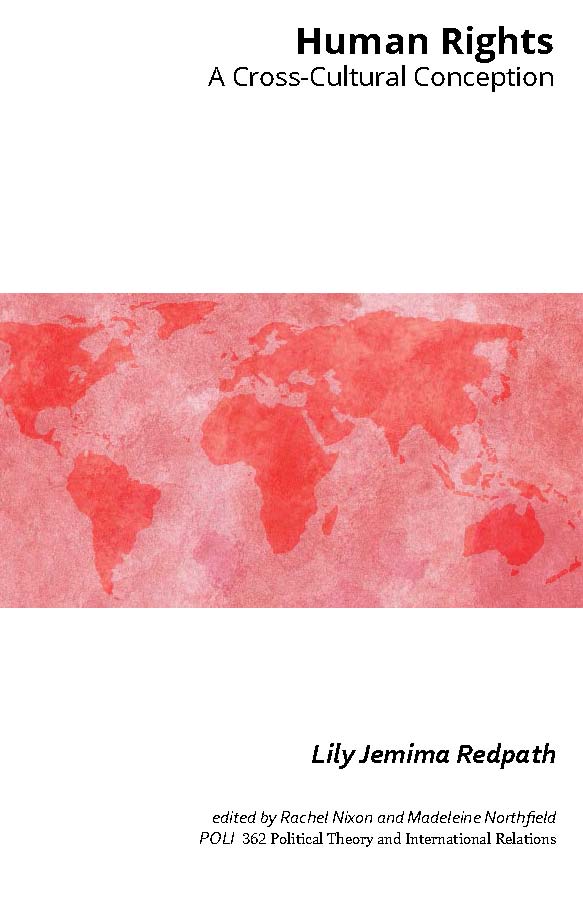Human Rights: A Cross-Cultural Conception
DOI:
https://doi.org/10.26443/firr.v9i2.20Abstract
On examining the political theories of John Rawls and Charles Beitz, this paper is a product of the perceived disparities between the idealism of human rights theory and the socio-political failures of the real-time human rights corpus. With both theorists serving as the moral and theoretical foundations of the discourse, the loci of their arguments will be presented and dissected in light of contemporary political attitudes. This paper aims to scrutinise the human rights discourse through the lens I believe to be its most damaging: cultural pluralism and a simultaneous tendency toward (neo)-imperialist attitudes. Moreover, with the current literature failing to provide adequately constructive answers, I have endeavoured to present a compelling commentary on where I believe the necessitating changes lie culturally, attitudinally, and politically. In preserving and upholding the Universal Declaration of Human Rights as a productive and morally beneficial basis on which to ground this commentary, this paper assumes ‘human rights’ to refer to the articles enshrined in this United Nations’ document. This conception and the attitudes and actions surrounding it have nonetheless incurred significant and warranted criticism, consideration of which prompted the proposed conception that human rights be defined politically as rights to choose.
Downloads

Downloads
Published
Issue
Section
License
Copyright (c) 2019 Lily Jemima Redpath

This work is licensed under a Creative Commons Attribution-NonCommercial-NoDerivatives 4.0 International License.

